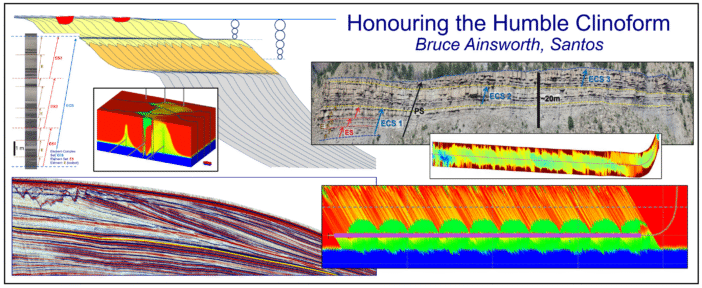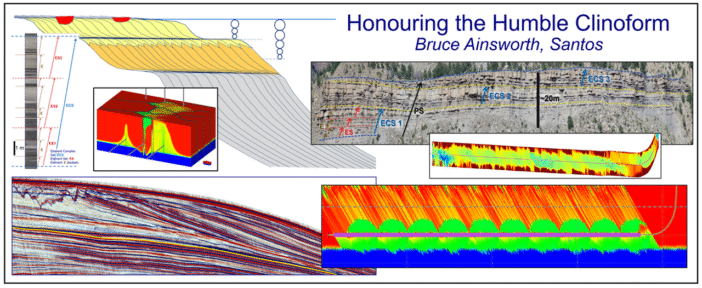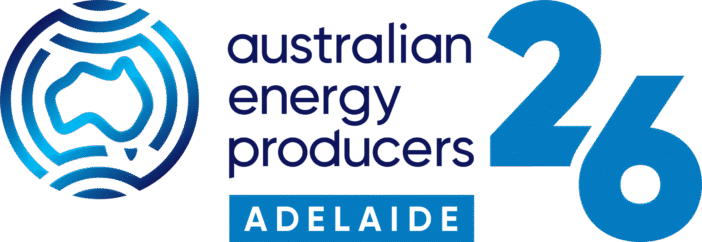
- This event has passed.
PESA ETSIG/CSIRO CCS Knowledge Transfer Series: Installment 7

PESA ETSIG/CSIRO CCS Knowledge Transfer Series: Installment 7
The PESA Energy Transition Special Interest Group (ETSIG), in conjunction with CSIRO, is running the “CCS Knowledge Transfer Series” which aims to cover geological and geophysical aspects of CCS, focusing on the differences from oil and gas operations.
Further information about the series can be found here:
https://pesa.com.au/events/etsig-csiro-ccs-knowledge-transfer-series/2023-09-05/
Kindly supported by:

This live webinar will take place at:
11am – Perth
12.30pm – Darwin
1pm – Brisbane
1:30pm – Adelaide
2pm – Canberra, Hobart, Melbourne, Sydney
Use the calendar link on this page to add this event in to your own calendar at the correct local time for your location.
Tickets are free for PESA members (please log in to see this), free for members of the AGA, SPE, AAPG (Asia-Pacific) and the EAGE (Asia-Pacific). Tickets for non-members are $10 per episode.
Please buy your tickets and immediately follow the link in the ticket e-mail (not the calendar invite or this webpage, which is just generic and not event specific) to set up your registration with the webinar software well in advance of the time of the talk. Once registered with the webinar software you will receive a reminder e-mail 1 hour beforehand.
CCS Knowledge Transfer Series: Installment 7
Monitoring and Verification – What’s Different About CCS? – Charles Jenkins (CSIRO)
Abstract
Monitoring and verification is one of the most distinctive aspects of CCS, but it is also one where there can be confusion about the nature and purpose of the activity. Any technical project will have methods for “monitoring and verifying”, but this mindset can lead to the assumption that M&V is a technology problem. Monitoring methods, be they geophysical, geochemical, or environmental, are often at the forefront of discussion. In fact, this distracts attention from the need clearly to identify the purpose of M&V. Best practice in CCS sees M&V as a component of risk management, with the challenge being to assess risk correctly and only then assign technologies for its management. This is particularly difficult in the area of environmental monitoring, where CCS will occur within dynamic and evolving systems where causal chains are notoriously difficult to pin down. In this talk I will explain how to approach M&V as a part of managing the risks of CCS projects, and suggest a definition of its scope.



